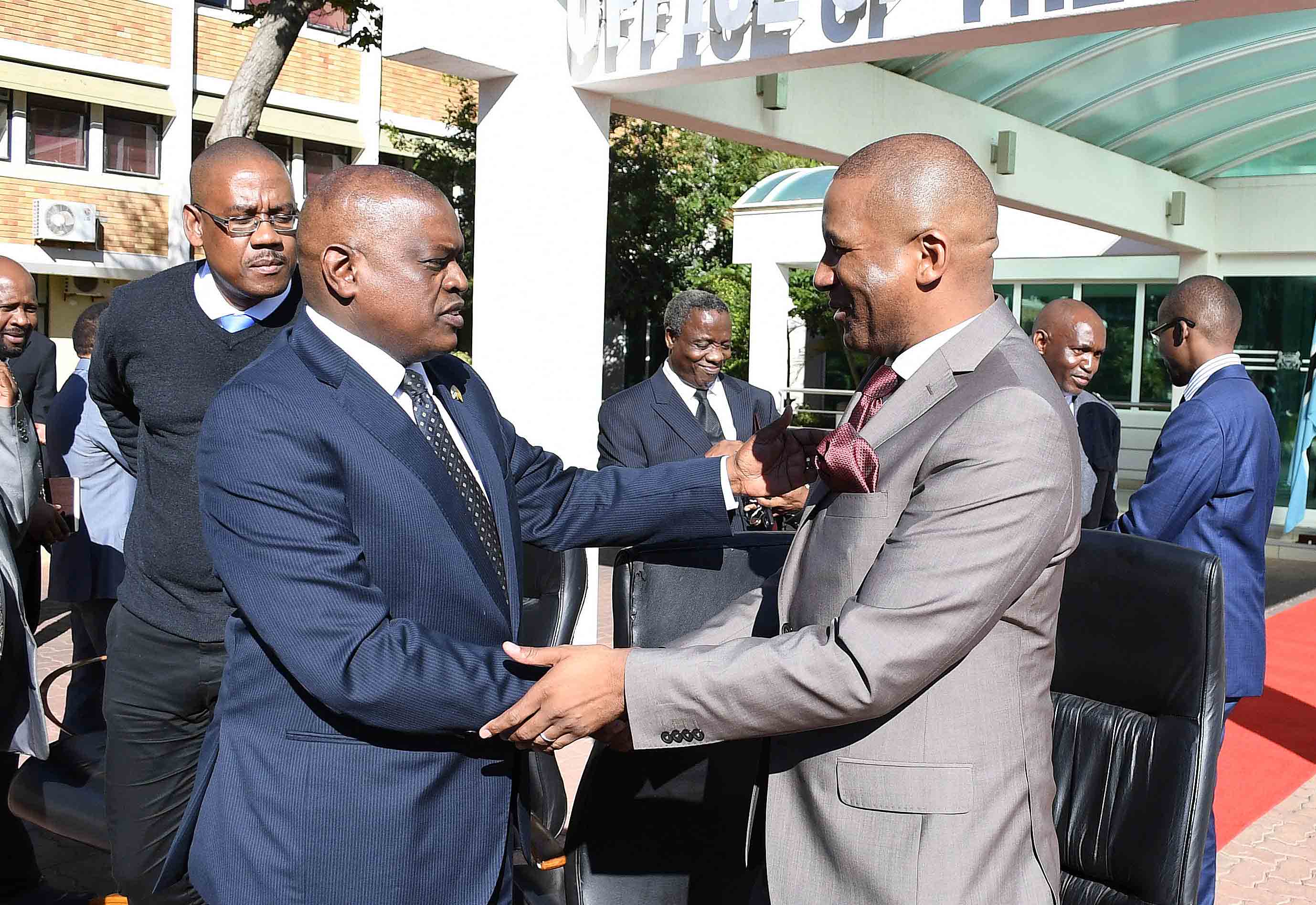Media revelations on the use of fronting by Choppies in Zimbabwe give us an insight into how some of our retailers operate.
When an ex-President fearlessly confesses that he was using a Zimbabwean citizen to front for Choppies, one must ask what may be happening under the corporate veil of Botswana’s retail industry?
If our ex- president uses fronting to further his business interests and makes millions for a company by doing so, how are we to judge ordinary citizens?
Festus Mogae, a winner of the prestigious Mo Ibrahim award for excellence of African leadership acknowledges that he was given permission to front by his counterpart in Zimbabwe, ex-president Robert Mugabe. Is this admission an acceptable defence or a damning confirmation of abuse of power to further business interests.
According to a media report Mogae used Mphoko to “evade provisions of the indigenisation Act.”
It is noted that in Zimbabwe a simple majority shareholding allows you to trade. Botswana, however demands that no foreigners are allowed to trade in a series of industries that are “Reserved Trades.” To trade in the reserved trades you have to be citizen or a 100% citizen-owned company. The Botswana law is more stringent than that of Zimbabwe.
When Mogae, as ex-President of Botswana admits that Choppies was using Mphoko to front, we must introspect and wonder what else our industry is up to. Is the industry also thinking that they are above the law?
How are licenses dispensed to shops that are failing to respect the reservation of trade to citizens?
When Chinese traders are found to use a citizen as front they are caught and castigated as villains, however citizens with connections in high places get away with a slap on the wrist when found to have engaged in the same practice.
Fronting seems to be preserved of people that have VIP connections.
Foreign companies are refused access to Botswana because of the Trade Reservation Act. Those foreigners who do not want to give up their trade secrets and sell out to citizens are thus prohibited from trading in Botswana, unless they seek to set up some “front”.
The front must be solid and withstand scrutiny. Most fronts are using company structures in tax havens. Such tax havens do not disclose shareholders and obviously also charge no tax. The “front” holds shares that are safely tucked away from potential investigators, but sometimes a leak can cause havoc. The Panama and Paradise papers exposed many politically-connected people in the world as “benefactors” of companies acting as fronts for both legal and illegal purposes.
How are all the foreign fashion brands operating in Botswana? Are they complying with the Citizen reservation prescribed in the Act?
How are the foreign supermarkets operating in Botswana?
The current fight for the control over the PnP franchises in Botswana is one of the battle grounds that is now in the public domain. How are other retailers, wholly owned by a foreign company registered in a tax haven and PnP, majority owned by foreigners using a company registered in tax havens, trading in Botswana?
Why is the Government making an exception and overriding its own legislation? During an election year, Government ought to express its concern and do everything possible to protect its own citizens. All it is required do is enforce its own legislation, but it doesn’t.
Are our law enforcement agencies incapable of enforcing the law, or is it that our system allows fronting by those in power and forbids it to those small (Chinese) traders? Are we applying the law selectively? If so, why is the law good for one person and bad for the other. Is “Lady Justitia” not blind in Botswana?
The Government of Botswana will, particularly in election times, use the trade reservation legislation as an example on how they reserve jobs for citizens and protect its citizens against the “onslaught “ of foreigners.
The new Minister of Trade & Industry Honourable Bogolo Kenewendo, seems to be taking active measures to enforce existing legislation. She recently acted against supermarkets that were not using a local bakery to produce their produce.
She is promising action on the importation of water and cement and has undertaken to enforce the existing legislation to give citizens the protection the law provides.
That is new and fresh and one must hope that no “exceptions” will start creeping in. The Mogae debate has opened a can of worms and maybe it is time for Botswana to clean up its act. When an ex-president unashamedly admits fronting in a neighbouring country, it must be time to clean the rot in our own country and humbly apologise for our ex-President’s “questionable agreement”.
A concerned citizen.

